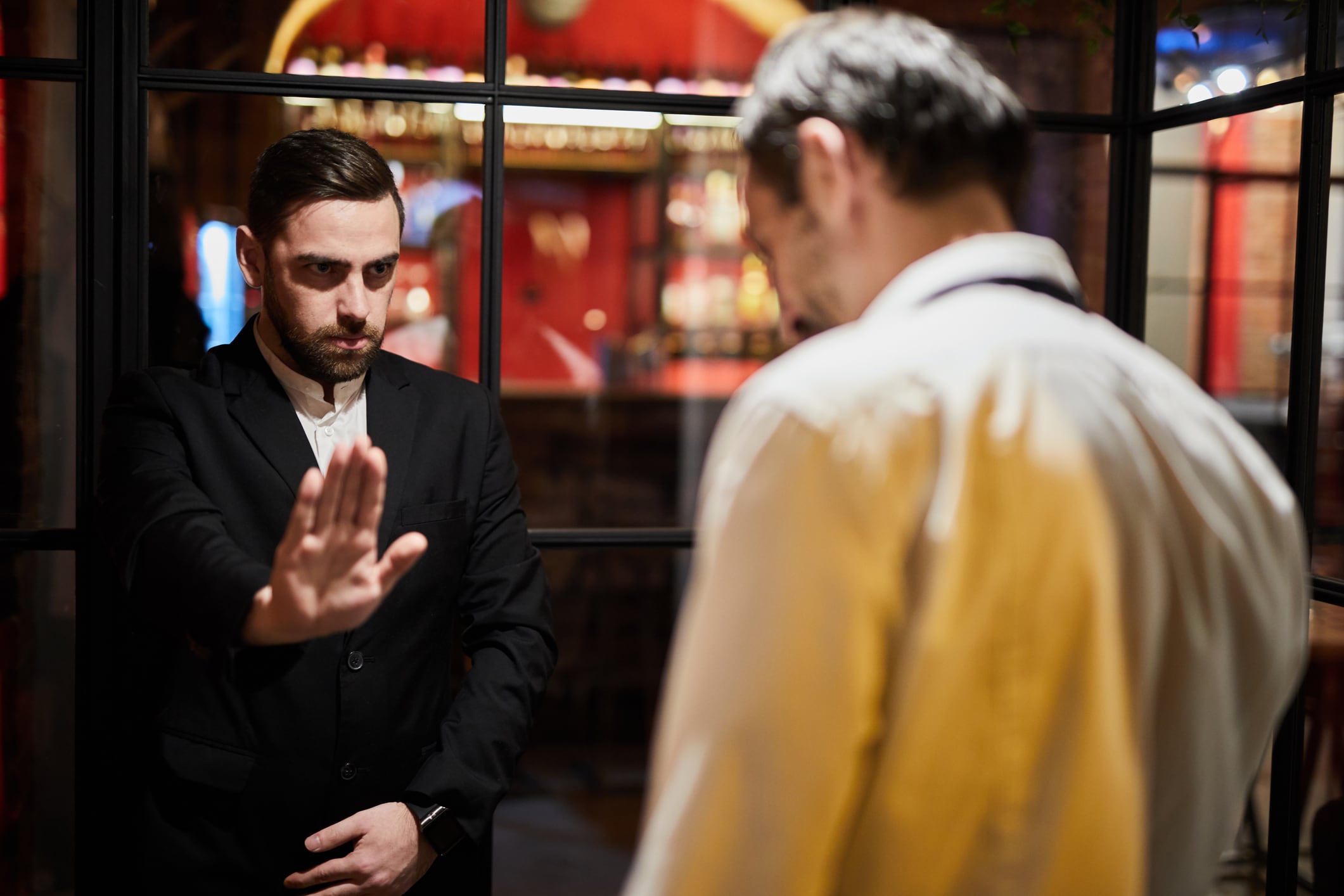Existing operators in particular were found to be snapping up attractive leasehold and freehold opportunities. While this resurgence brings exciting possibilities, it also carries risks—particularly around licensing.
Even the most attractive pub can hide issues that, if missed, may lead to costly delays, operational restrictions, or even closure. Proper due diligence on the premises licence and related permissions is therefore essential.
Get to know the premises licence
You can start by requesting the most up-to-date premises licence, ideally directly from the licensing authority, and check it is still in force.
Check the licence covers all the licensable activities you need, with hours that suit your operation, and includes conditions you can live with—especially restrictions on beer gardens and outdoor areas.
Be sure to read annex 3 ‘conditions imposed following hearings’ carefully, these conditions often point to past problems such as noise complaints, crime, or disorder.
Confirm with the seller that current conditions have been complied with. Breaching conditions is an offence, and responsibility passes to you on takeover.
Importantly, if your intended style of operation conflicts with existing permissions or conditions, speak with responsible authorities early to gauge the likelihood of securing a variation before taking over.
Another thing to check is that annual fees and any applicable Late Night Levy are paid to date—outstanding fees can result in suspension of the premises licence until paid.
Check the plan
Compare the licence plan with the current layout. Unauthorised alterations—such as relocated bars, extended trade areas, or new walls—can amount to a criminal offence.
If you find the plan is incorrect, you can get this resolved before you purchase.
Another key check is whether the “red line” on the plan includes all areas where you wish for licensable activities to take place (consumption of alcohol is not a licensable activity and can take place in external areas as long as off-sale of alcohol permission is permitted).
The lease, planning, and other permissions
If you are taking on a lease, review restrictions on trading hours, use of the premises, and external areas—these will apply alongside licensing obligations.
Planning permission is equally important. Current permissions may impose limits on trading hours or use of outdoor areas. Conflicts between licensing and planning can trigger costly enforcement if not addressed early.
Check whether any other licences or permissions are in place. If the pub has gaming machines, it may have a permit in place which would need to be transferred simultaneously with the premises licence to avoid it lapsing.
For two or fewer category C or D machines, a simple notification to the council is required. If the premises has a pavement licence for tables and chairs on the highway outside, a change of operator will require an application.
The licence holder’s status
This point is critical. The licence holder is stated on the premises licence and the licence holder’s status is of critical importance.
A premises licence lapses immediately if the holder dies, becomes insolvent, or surrenders it. Once lapsed, it can only be reinstated if certain parties (such as personal representatives, an insolvency practitioner, or someone with a legal interest in the premises) apply to transfer it within 28 days.
Miss that deadline and the licence is lost forever. For buyers, it’s essential to confirm both at heads of terms and again before completion that the licence remains valid (for example the holder has not died or entered insolvency).
Consulting local officers
The premises licence only tells part of the story. Speak with police, licensing, and environmental health officers to uncover any current or recent issues. Also check for pending reviews, appeals, prosecutions, failed test purchases, residential complaints, enforcement notices, or noise abatement notices.
These may not always appear on the licence but can expose you to enforcement action and reputational risk from day one. Patterns of problems may influence your decision or justify negotiating a reduced purchase price.
Transfer of licence on completion
On completion, ensure the premises licence is transferred into your/your company’s name without delay. This requires a formal transfer of premises licence application.
You’ll need a signed consent form from the outgoing licence holder, so arrange this well in advance.
The seller should also provide the original premises licence and deposited plans so you can lodge them with your transfer application.
If the Designated Premises Supervisor (DPS) is leaving, apply for a replacement at the same time as the transfer (ensure that person holds a valid personal licence). Again, a formal application is required to vary the DPS.
Bottom line: Due diligence is key
Buying a pub can be a fantastic opportunity, but licensing traps can quickly turn it into an expensive headache.
The points to consider set out above are by no means an exhaustive list; however, the key is to undertake thorough due diligence so you can safeguard your purchase and avoid nasty surprises -it can even give you leverage to renegotiate the price if risks are uncovered.
- Suraj Desor is an associate solicitor at Poppleston Allen


